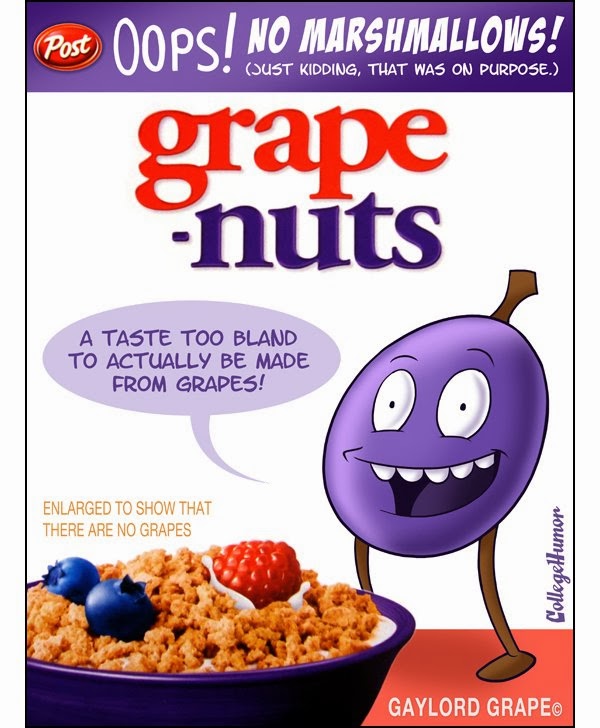The Written Argument:
Copy the following key terms and definitions related to the written argument
Copy the following key terms and definitions related to the written argument
Claim: Your basic belief about a particular topic, issue, event, or idea
Counterclaim: A solid and reasonable argument that opposes or disagrees with your claim
Rebuttal: A written or verbal response to a counterclaim.
The object of the rebuttal is to take into account the ideas presented in the counterclaim and explain why they aren’t persuasive enough, valid enough, or important enough to outweigh your own claim.
Support: Your specific facts or specific evidence used to support why your claim is true
Refute: Argue against a position or prove it to be wrong
Qualify: A “partly agree” stance in which you agree (in part) with another person’s
argument or position but also disagree with part of it.
________________________________________________________________________
**Select one of the following speeches below
(from the website: http://www.americanrhetoric.com/)
http://www.americanrhetoric.com/speeches/barackobama/barackobamasyrianation.htm
http://www.americanrhetoric.com/speeches/richardnixoncheckers.html
1. Read and listen to the speech.
2. Use the SOAPSTone strategy to identify the speaker, occasion, audience, purpose, subject and tone of the speech.
3. Respond to the following questions regarding the speech:
*What is the speaker's claim? What does he/she want you to believe?
*What reasons does he/she give for the claim?
What type of appeal does the author use? (emotional, authority, logic)
What devices does the author use to create the appeal? (diction, syntax, repetition)
*What facts, quotations, evidence and specific details does he/she provide to support the claim? Cite at least three examples from the text.
Please email your response to: aplangkhs@gmail.com by Tuesday December 2, 2013, subject: Last name_Argument blog
2. Use the SOAPSTone strategy to identify the speaker, occasion, audience, purpose, subject and tone of the speech.
3. Respond to the following questions regarding the speech:
*What is the speaker's claim? What does he/she want you to believe?
*What reasons does he/she give for the claim?
What type of appeal does the author use? (emotional, authority, logic)
What devices does the author use to create the appeal? (diction, syntax, repetition)
*What facts, quotations, evidence and specific details does he/she provide to support the claim? Cite at least three examples from the text.
Please email your response to: aplangkhs@gmail.com by Tuesday December 2, 2013, subject: Last name_Argument blog





